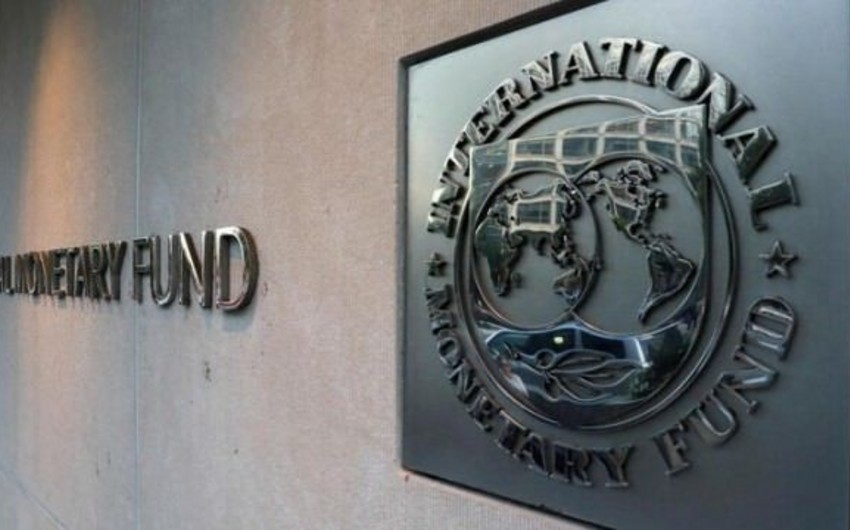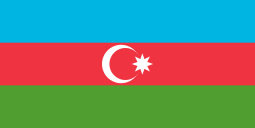
IMF assesses impact of Russia-Ukraine conflict on Azerbaijan's economy
08 July 2022
Azerbaijan's economy benefits from the higher energy prices resulting from the war in Ukraine, Report informs, citing the Concluding Statement of the International Monetary Fund (IMF) on the 2022 Article IV consultation from May 25 to June 7, 2022, in Baku.
"The increase in energy prices and the potential increase in gas exports to Europe are projected to boost exports and fiscal revenues over the medium term, with SOFAZ assets projected to approach 100 percent of GDP in 2025. Still, elevated food price inflation and food security are an immediate concern, as a significant share (17 percent) of Azerbaijan's imports come from Russia, mostly food. Trade risks are mainly related to agricultural products and the impact on the financial sector has been limited to date," said IMF.
According to IMF economists, risks to the outlook have increased due to the war but remain broadly balanced:
The negative impact of sanctions or a worsening of the situation in Turkiye could weigh on the outlook, the statement said.
"Food security has emerged as a new challenge. A prolonged conflict would impede Azerbaijan's access to its main markets for wheat and other food staples; while limited access to fertilizers and inputs could hinder agricultural production. There also remains uncertainty about the path of the virus post-Omicron. Domestic risks include fiscal risks from SOEs and deterioration of banks assets' quality. There could also be pressure to increase expenditure due to higher oil revenues. Higher oil and gas prices resulting from ongoing geopolitical tensions would benefit Azerbaijan," the statement reads.
https://report.az/en/finance/imf-assesses-impact-of-russia-ukraine-conflict-on-azerbaijan-s-economy/
"The increase in energy prices and the potential increase in gas exports to Europe are projected to boost exports and fiscal revenues over the medium term, with SOFAZ assets projected to approach 100 percent of GDP in 2025. Still, elevated food price inflation and food security are an immediate concern, as a significant share (17 percent) of Azerbaijan's imports come from Russia, mostly food. Trade risks are mainly related to agricultural products and the impact on the financial sector has been limited to date," said IMF.
According to IMF economists, risks to the outlook have increased due to the war but remain broadly balanced:
The negative impact of sanctions or a worsening of the situation in Turkiye could weigh on the outlook, the statement said.
"Food security has emerged as a new challenge. A prolonged conflict would impede Azerbaijan's access to its main markets for wheat and other food staples; while limited access to fertilizers and inputs could hinder agricultural production. There also remains uncertainty about the path of the virus post-Omicron. Domestic risks include fiscal risks from SOEs and deterioration of banks assets' quality. There could also be pressure to increase expenditure due to higher oil revenues. Higher oil and gas prices resulting from ongoing geopolitical tensions would benefit Azerbaijan," the statement reads.
https://report.az/en/finance/imf-assesses-impact-of-russia-ukraine-conflict-on-azerbaijan-s-economy/












